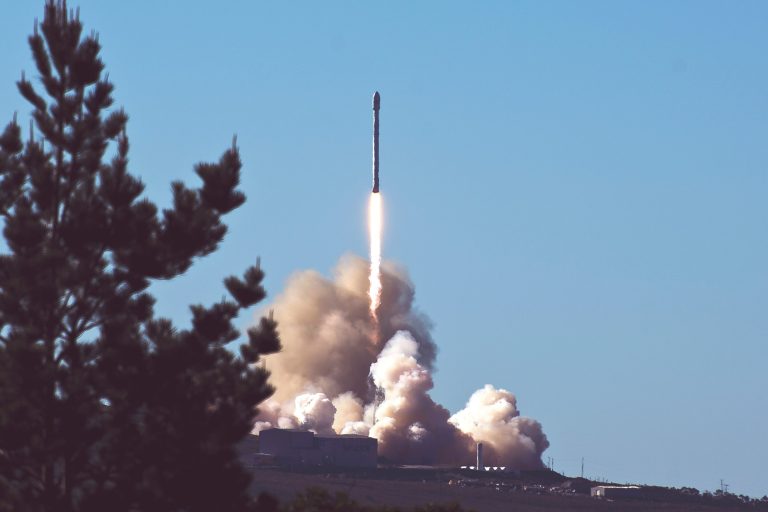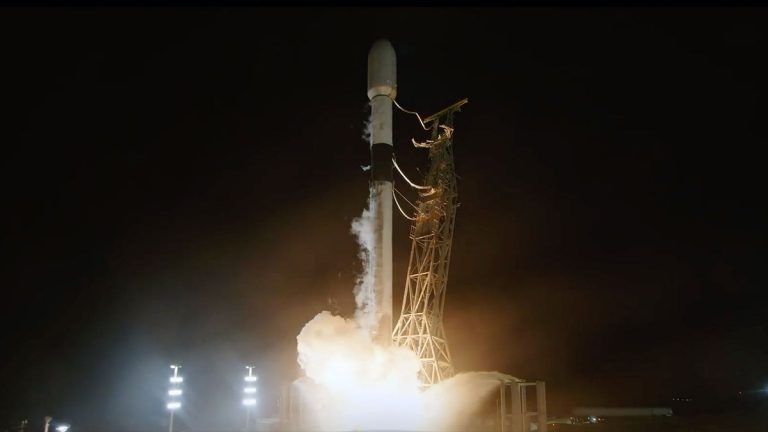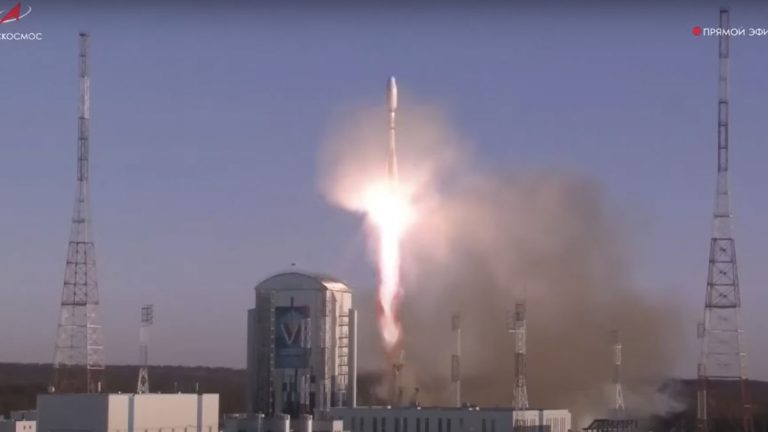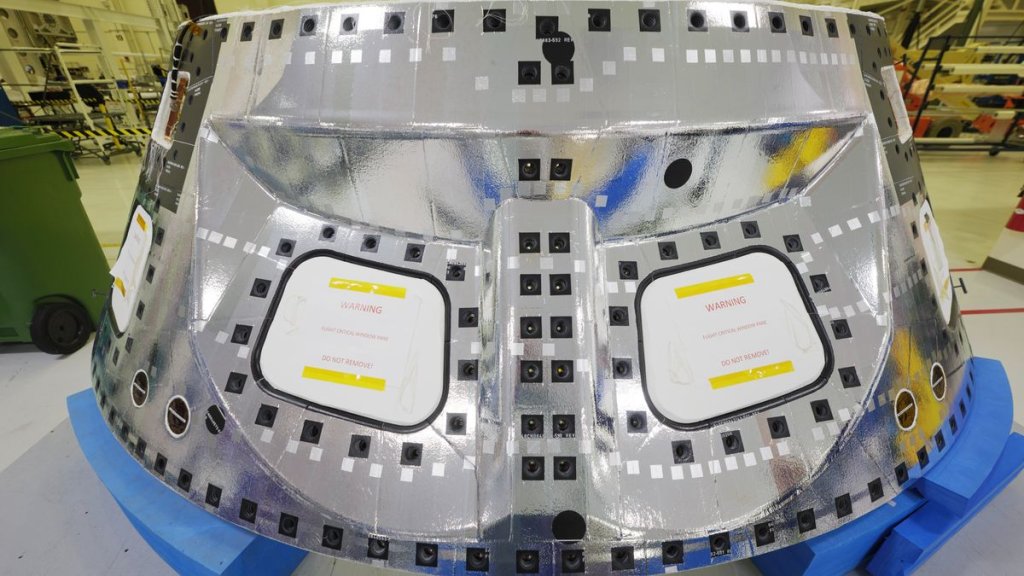
Get a sneak peek inside the Artemis 2 spacecraft that will fly astronauts to the moon for the 1st time in 50 years (photos) (Image Credit: Space.com)
You can now get a glimpse inside the spacecraft that will take humans to the moon for the first time in half a century.
NASA released new pictures of the Orion spacecraft that will fly around the moon on the Artemis 2 mission, which will lift off no earlier than September 2025 with four astronauts on board.
The interior of Orion’s crew cabin is being finalized at NASA’s Kennedy Space Center in Florida. Teams are also “installing protective backshell panels and insulation on the exterior, and preparing Orion for vacuum testing this spring,” NASA officials stated on Tuesday (Feb. 13) on X, formerly Twitter.
Related: Astronauts won’t walk on the moon until 2026 after NASA delays next 2 Artemis missions
The four Artemis 2 astronauts are NASA commander Reid Wiseman, NASA pilot Victor Glover (who will become the first Black person to leave low Earth orbit, or LEO), NASA mission specialist Christina Koch (the first woman to go beyond LEO) and Canadian Space Agency mission specialist Jeremy Hansen (the first non-American).
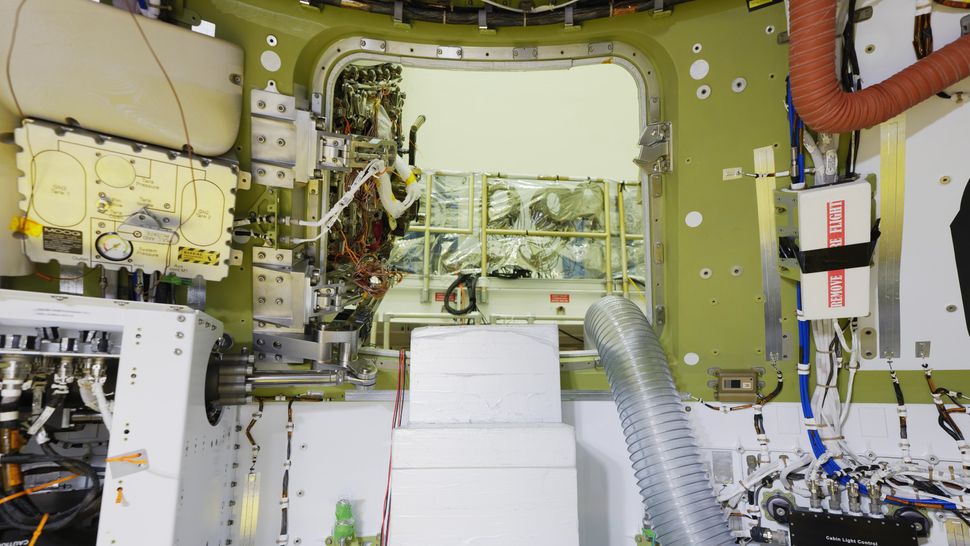
This quartet will be the first astronauts to use the Orion spacecraft. Orion vehicles have been to space twice before, but on uncrewed missions that did not have life-support components installed.
Those two uncrewed flights were the Artemis 1 mission to lunar orbit in late 2022 and a brief trip to Earth orbit in 2014.
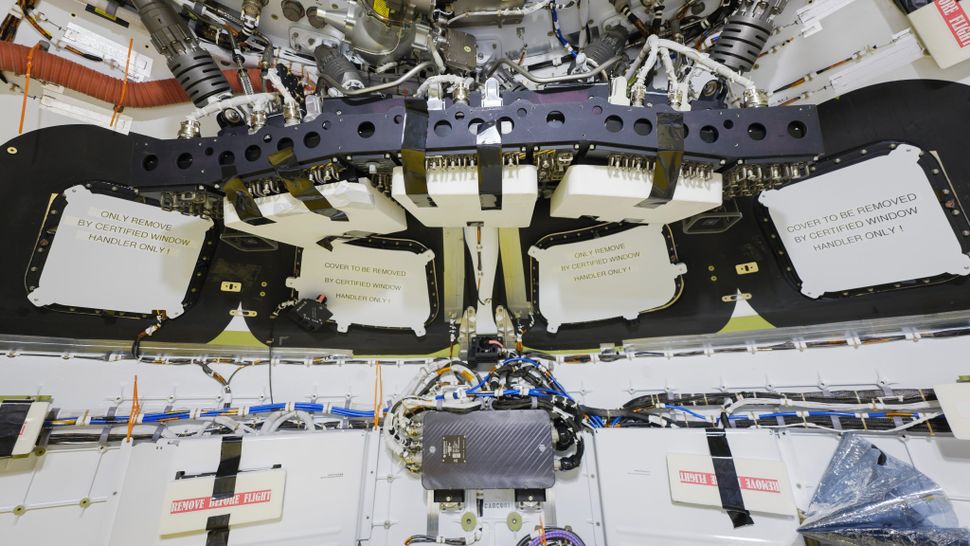
Artemis 2 will be the first astronaut mission of the Artemis program, which aims to land people on the moon with Artemis 3. Both Artemis 2 and Artemis 3 were delayed in January 2024 due to several technical issues, with Artemis 2 pushed back nine months to September 2025 and Artemis 3 about a year, to 2026.
The greater Artemis program aims to build a settlement at the moon’s south pole to take advantage of the water resources there. More than 30 countries have signed on to the NASA-led Artemis Accords, including Canada, to follow norms of peaceful space exploration and in some cases, provide hardware for moon missions.


